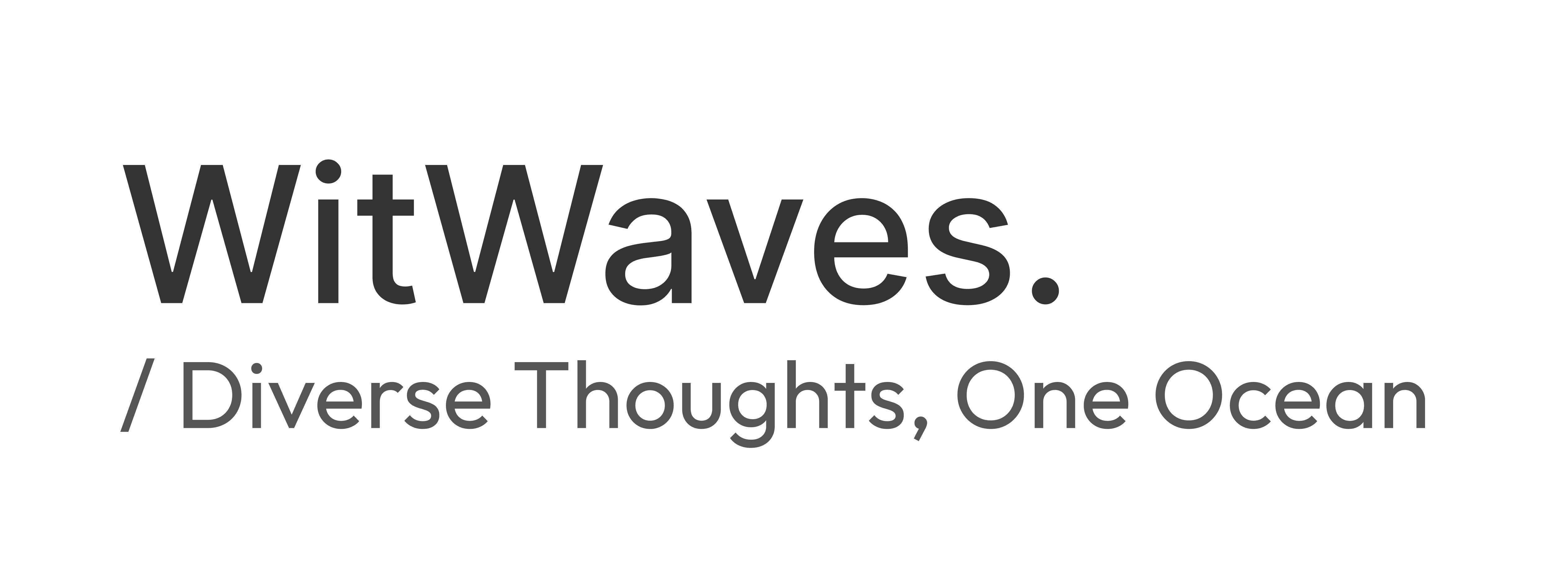In a landmark collaboration that merges automotive engineering with enterprise technology, Mercedes-Benz AG has joined forces with Microsoft to redefine what productivity on the move can look like. The German automaker is officially the first in the world to integrate Microsoft 365 Copilot into its vehicles, a bold step that transforms the car into a secure, connected, and intelligent digital workspace, also dubbed the “third office.”
This initiative, announced by Dayan Rodriguez, Corporate Vice President of Global Manufacturing and Mobility at Microsoft, marks a pivotal moment not just for mobility teams, but for the way professionals work while in transit.
.jpeg?alt=media&token=08af78fb-2165-4ab8-bcc6-253c649306a7)
The Next Evolution in In-Car Productivity
Launching with the all-new Mercedes-Benz CLA model, this collaboration brings a new dimension to hybrid work. The car now doubles as a mobile workstation with built-in capabilities that include:
- Microsoft 365 Copilot - for AI-powered assistance with emails, documents, and meeting summaries.
- Microsoft Teams Integration - allowing users to join meetings from the vehicle using built-in cameras, while eliminating distractions such as shared screens for drivers in motion.
- Microsoft Intune - delivering enterprise-level device management and security directly from within the car’s OS (MB.OS).
By embedding these capabilities into the vehicle’s digital infrastructure, Mercedes-Benz is turning drive-time into productive time, without compromising on safety or comfort.
.jpeg?alt=media&token=4698d21d-9e9e-41de-a281-3f41ed183bb1)
Safety Meets Smart Technology
A core design principle of this innovation is ensuring that productivity doesn’t interfere with driver focus. For example:
- Video feeds and screen sharing during Teams meetings are disabled while the car is moving.
- The in-car camera can be deactivated instantly with a single tap.
These design choices reflect a careful balance between convenience and road safety, ensuring that features adapt based on whether the driver is stationary or in motion.
Enterprise-Ready Security, Now in Motion
This marks the first time that Microsoft Intune has been natively integrated into a car’s operating system. That means businesses can now manage a vehicle as they would any other company asset, like a laptop or phone. Features include:
- Remote management of user access
- Enforcement of corporate policies
- Segregation of personal and work data
This level of enterprise-readiness opens up a whole new category of secure business mobility, especially important for industries like consulting, sales, logistics, and executive services.
Unlocking Time: The 300-Hour Opportunity
Data shows that the average person spends roughly 300 hours a year in a car. This initiative seeks to turn that idle or passive time into high-value moments for productivity, learning, or collaboration. Whether you're a CEO, a startup founder, or a field employee, the ability to collaborate, organize, and create from your car could reshape how we think about work-life integration.
.jpeg?alt=media&token=f1d7477e-f508-4bdb-9f1b-05d50a34c062)
Challenges & Considerations
While the innovation is groundbreaking, it’s not without its hurdles:
- Distraction Risks: Despite hands-free systems, cognitive distractions remain a concern. Ongoing testing and regulatory oversight will be crucial.
- Connectivity Dependence: These features hinge on stable internet is a challenge in remote or rural regions.
- Privacy & Data Concerns: With vehicles acting like corporate devices, robust encryption and compliance with data regulations like GDPR are essential.
- Cost & Accessibility: Initially, these features will likely be limited to high-end models and markets like Europe and the US.
Behind the Collaboration
Such an ambitious endeavor is only possible through deep collaboration between tech and automotive leaders. Special thanks were extended by Dayan Rodriguez to the teams that made this happen:
- From Mercedes-Benz: Ola Kaellenius and Magnus Östberg
- From Microsoft: Frank Kaleck, Martin Morgenfrüh, Ulrich Homann, Agnes Heftberger, Joachim Franz, Stefan Campuzano, Rupert Stuetzle, Robert Lokner, and John Reed
Their joint effort reflects a shared vision: a future where mobility and productivity coexist seamlessly.
Looking Ahead
Mercedes-Benz vehicles with MB.OS and the latest MBUX system are expected to roll out these capabilities first in Europe and the United States. This partnership not only lays the groundwork for future enhancements such as deeper AI integration and expanded digital services but also sets a precedent for the automotive industry.
As Rodriguez puts it:
“Helping drivers make the most of the roughly 300 hours a year many spend in the car...”
This is not just a tech upgrade but it’s a reimagining of work itself, extending the boundaries of the digital workplace to wherever the road leads.
Final Thoughts
The Mercedes-Benz + Microsoft partnership represents more than a convenience; it’s a paradigm shift in how we think about cars, work, and digital life. As AI, productivity tools, and mobility continue to converge, the “third office” may soon become as important as your desk at home or the boardroom at work.

.jpeg?alt=media&token=5029c969-dff1-4fc4-839e-ba247a6ad9bf)
Discussion
Start the conversation
No comments yet
Be the first to share your thoughts on this article. Your insights could spark an interesting discussion!